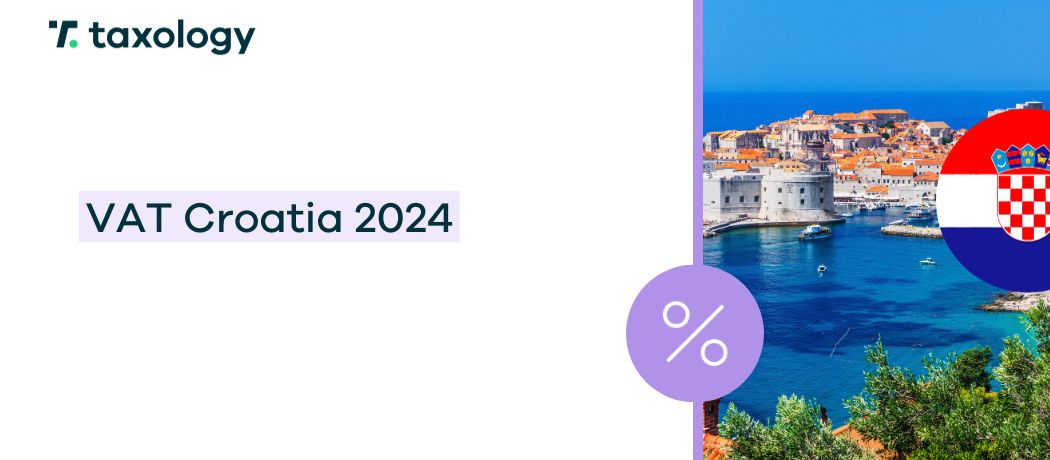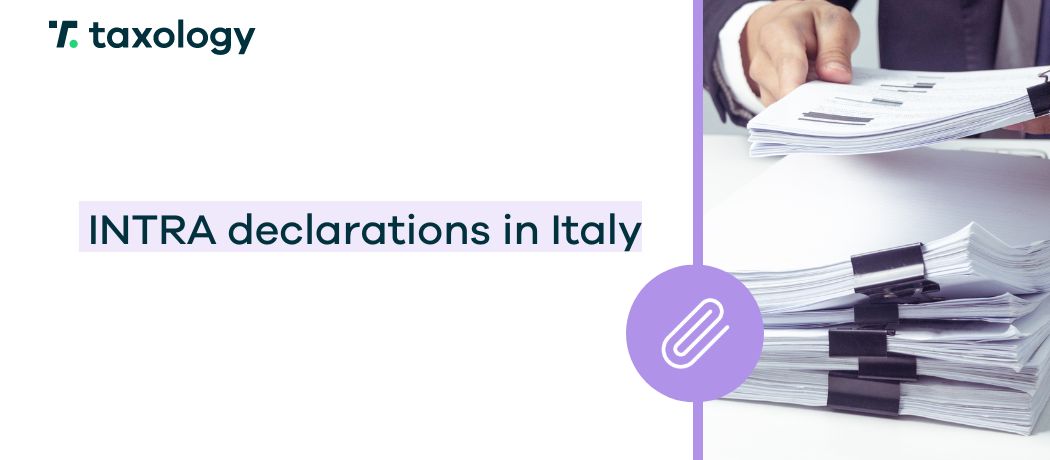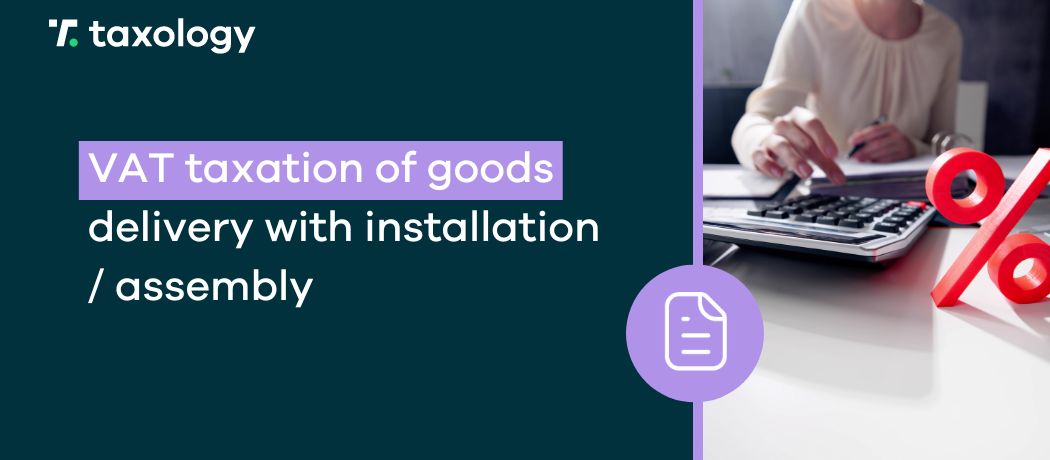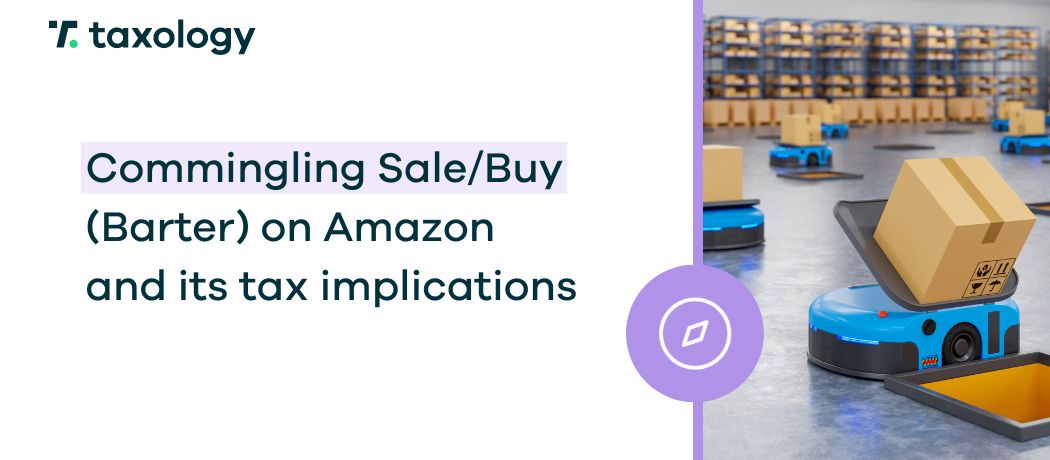Italy ranks as the fourth largest e-commerce market in Europe in terms of value. It is no surprise, then, that it attracts entrepreneurs looking to expand in this direction. However, […]
Read in: 4 minVAT Croatia 2024
- Last update: 23.02.2024
- Published: 23.01.2023
- Read in: 3 min
VAT (value-added tax), or value-added tax, was introduced in Croatia in 1998. In addition to the standard 25% rate, some products and services are subject to reduced rates of 13% and 5%, and even 0% for selected passenger transportation services. In the following article, we cover the most important issues related to VAT in Croatia, including VAT registration and settlement in this country. You’ll also find out whether you need a tax representative to register for VAT.
The standard VAT rate in Croatia
The standard VAT rate that applies to most products and services is 25%. It applies to all goods and services apart from the reduced VAT rates of 5% and 13%.
A reduced 13% VAT rate in Croatia
Products and services subject to the 13% VAT rate:
- food (with some exceptions)
- newspapers and magazines (with some exceptions),
- tickets for concerts and other cultural events as well as artistic services
- catering and restaurant services (excluding alcohol)
- hotels and other accommodation services
- drinking water and water designated for agricultural use (and other)
- electricity
A reduced 5% VAT rate in Croatia
Among other things, the 5% VAT rate covers Such products and services as:
- certain foods (e.g. staple products such as bread or milk and baby food)
- organic, regional and other foods approved by competent authorities
- prescription drugs and certain types of medical and therapeutic equipment
- academic magazines and daily newspapers (excluding newspapers and magazines featuring less than 50% of advertising content)
- movie tickets
Reduced 0% VAT rate in Croatia
In Croatia, selected passenger transport services are not subject to VAT.
When is it necessary to pay VAT in Croatia?
According to Statista’s market forecasts, the Croatian e-commerce market is expected to grow steadily at an average rate of 16% per year over the period 2022-2027, generating a revenue of more than $2.5 billion in the next five years. Despite its relatively small population, the country is becoming an increasingly attractive market and a go-to destination for a growing number of companies that are developing their sales of goods in Europe. In order to successfully conquer this market, the expansion usually involves registering for VAT in Croatia or as part of the VAT OSS.
There are two situations where foreign companies selling products in Croatia must register for VAT.
Firstly, if you are storing goods in Croatia, you are obliged to register for VAT in that country. The same applies to both using the company’s own warehouses and any situation where the storage of goods is carried out by Croatian companies offering a fulfilment service.
Secondly, the obligation to settle VAT in Croatia occurs if the total sales to European Union countries within the intra-community distance sales of goods exceed €10,000. However, this option allows VAT to be settled both with the Croatian Tax Office and using the VAT OSS procedure, which entitles e-commerce companies to simplified VAT settlement within the EU.

Need VAT registration?
Reach out to us and let our specialists handle Your VAT and VAT OSS matters – registrations, settlements and returns – as well as e-commerce accounting!
Schedule a consultationDeadlines for filing VAT returns and paying VAT in Croatia
The deadline for VAT payments is the 20th of the month following the accounting period.
Declarations and payments are made on a monthly basis, although companies not exceeding a turnover of EUR 100,000, in the previous year, can settle quarterly.
The VAT registration process in Croatia
In order to start registering for VAT in Croatia, a complete set of documents is required, which includes:
- VAT registration application (P-PDV)
- OIB form to obtain a Croatian identification number
- A document confirming VAT registration in another EU country (translated into Croatian)
- An excerpt from the national commercial register (not older than 6 months, translated into Croatian)
- Document indicating the reasons for declaring oneself as a VAT payer
- The Comany Statutes
Please note that this process should be done at least 8 days before the commencement of any activities requiring being a registered VAT payer in Croatia.
If the documents are submitted correctly, the process shouldn’t take more than four weeks, counting from the date of submitting the application to the Croatian tax authorities.
Companies, which have their registered office in the European Union, are not obliged to appoint a tax representative in Croatia. However, it is possible to appoint a tax representative who will be obliged to fulfil all VAT obligations in Croatia on the company’s behalf. Non-EU companies are required to register for VAT by means of a tax representative.
Potential penalties and interest for declaration irregularities or late payments
Late submission of VAT returns, inaccurate returns or late payment of VAT are subject to a fine ranging from HRK 2,000 to HRK 500,000. In the case of incomplete or late payments, 12% interest is charged annually.
Croatian tax office
VAT declarations can be made at local offices. When it comes to the Croatian capital this would be:
Director General of the Tax Administration Božidar Kutleša
Boškovićeva 5, Zagreb
Intrastat in Croatia
Besides the obligation to register and settle VAT in Croatia, some companies may also be required to report Intrastat. These reports contain information on the import and export of goods between EU countries and the movement of own goods between warehouses in different countries.
This obligation occurs once the amount of HRK 2 600 000 for imports, or HRK 1 500 000 for exports, is exceeded.
Support for VAT registration and settlement in Croatia.
As specialists in VAT Compliance, we provide comprehensive support in the field of VAT registration and accounting across Europe. We encourage you to take advantage of our free consultation.
If you want to learn more about e-commerce and logistics, be sure to check our articles:
- Amazon Seller Central and Amazon Vendor Central
- E-commerce payment systems in Europe
- Incoterms 2020
- Split Payment Mechanism
- Consignment warehouse.
And if you want to broaden your knowledge about VAT, you can read about VAT registrations in: Germany, France, Italy, Spain and the UK, the European VAT rates and issues that may arise during the registration in Great Britain.




